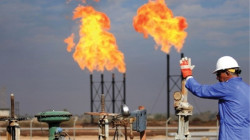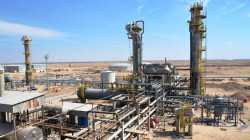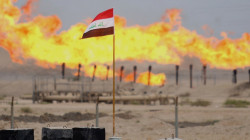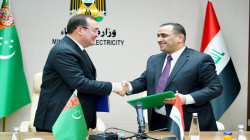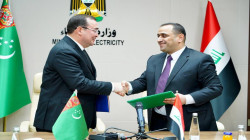Iraq inks a "preliminary" agreement to import gas from Turkmenistan
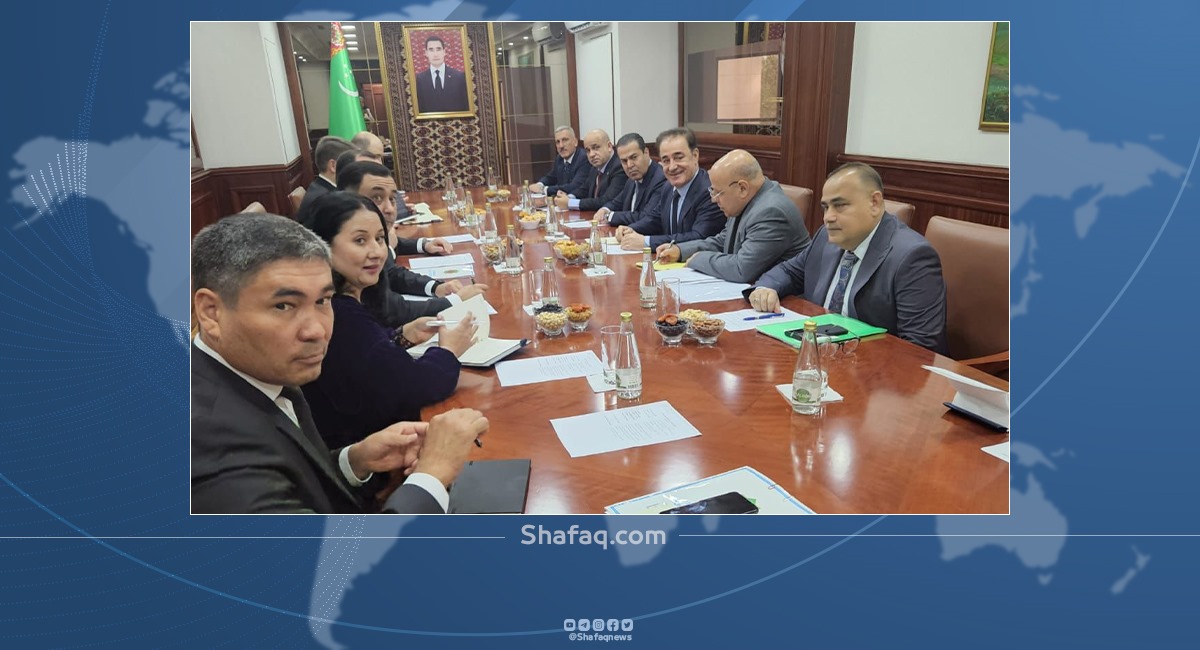
Shafaq News/ Iraq has signed a preliminary agreement with Turkmenistan to import gas for energy production purposes, oil ministry said on Thursday.
"The Iraqi government is committed to amplifying avenues of collaboration with our friendly nations, notably including Turkmenistan," Deputy Minister of Oil for Gas Affairs, Azat Saber, told Shafaq News Agency, "a government delegation convened with officers in the gas sector of Turkmenistan. They ageeed to import gas from Turkmenistan to address a fraction of the Iraqi power stations' need."
"A memorandum of understanding is presently in its drafting phase," he added, "slated to be completed by the end of the year, the memorandum will decide the volumes and the modus operandi to be espoused between the two countries."
The deputy minister said the deal will help augment ties with gas-producing nations, "especially Turkmenistan, which stands as one of the top gas producers both regionally and globally."
Last year, Iraq imported more nine billion cubic meters of natural gas from its neighboring country, Iran.
Baghdad is under increasing pressure from the US to wean itself off electricity and gas imports from Iran, which has been subject to US sanctions since 2018.
The US has issued Iraq a series of sanctions waivers to continue importing Iranian energy but has warned the waivers could end if Baghdad does not make serious progress toward finding other fuel and power sources.
In addition to gas supplies, Iraq also relies on Iran for nearly a third of its electricity, though this too has been subject to interruptions.
For instance, when Tehran reduced gas supplies from 50 million cubic feet to 8.5 million cubic feet to Iraq because of unpaid bills, widespread electricity shortages struck central and southern governorates.
Though Baghdad has sought to diversify its electricity supply through overtures to countries such as Saudi Arabia, Turkey, Jordan, and Kuwait, progress on these fronts is not sufficiently developed.
Nearly two decades after the fall of Saddam Hussein's statues, the Iraqi government still struggles to provide its society with electricity around the clock. The Iraqi electricity sector suffered even before the 2003 invasion, but the last 19 years have seen it weakened even more due to endemic corruption and gross negligence.
The plans put forth by the consecutive governments to tackle the lack of electricity have more often proven an easy way for officials to embezzle funds through lucrative contracts than a way to improve the lives of Iraqi citizens. As a result, instead of leveraging its own resources, Iraq has become more reliant on Iran to meet its electricity demands.
Widespread electricity outages are part of daily life in Iraq and affect citizens regardless of class. To compound this issue, the gap between available electricity and state-wide demand is set to widen in the future.
The past five years have already witnessed a growing disparity between electricity supplied by the government and the electricity demanded by the Iraqi people; so far, Iraqi electricity consumption—which grew nearly 30% during this period—has outpaced the government's efforts to meet surging demand.
